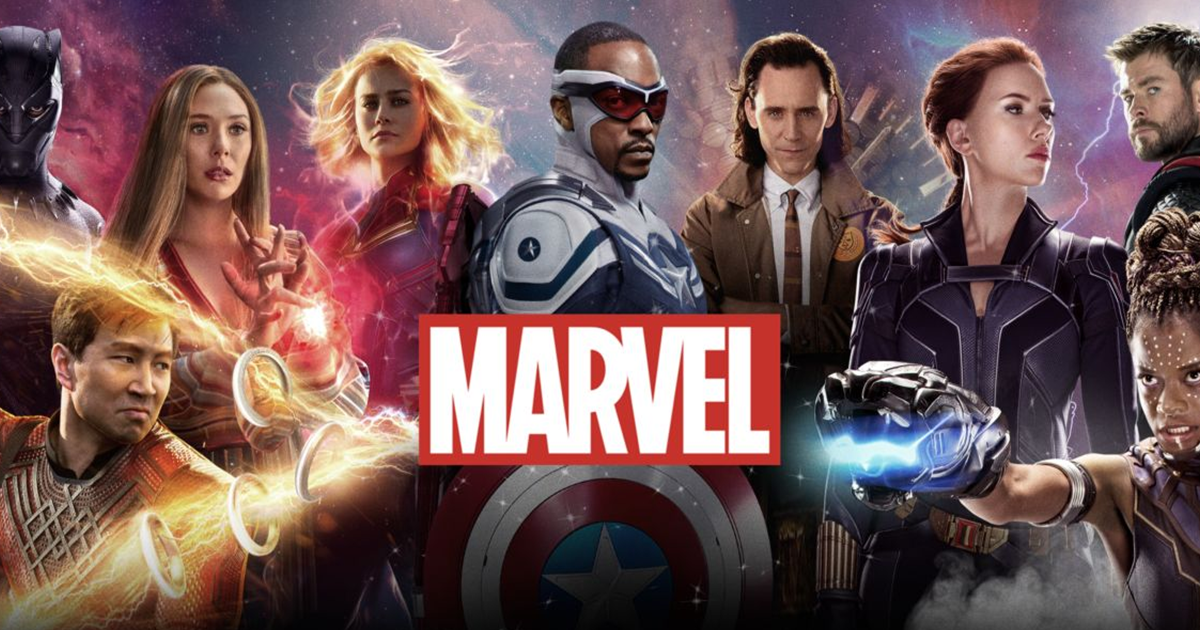
Jeremy Strong, left, as Irving Graff and Anne Hathaway as Esther Graff in director James Gray’s Armageddon Time.Courtesy of Focus Features / Focus Features
For Jeremy Strong, his journey with the new film armageddon time started with the voice. Or “The Voice”, as we’ll call it from now on.
Strong had been cast in the 1980s drama from James Gray, the famed New York-based screenwriter and director behind We own the night, two lovers, The Lost City of Z, and many other contemporary classics that are looking more and more like rarities in today’s Hollywood: decent-budget films featuring big-name names, which are deeply personal and rich with themes existing outside of the questions franchise capacity. For armageddon timea highly autobiographical look at a pivotal moment in Gray’s own youth growing up in a middle-class Jewish family in Flushing, Strong was cast to play, or essentially recreate, director Irwin Gray’s father, here named Irving Graff.
A stern and hardworking water boiler repairman who wants the best for his children even if it means regularly imposing this concept on them, Irving arrived on the pages of Gray’s screenplay from an equal blend of history, memory and of dramatic invention. But to bring Irwin/Irving to life on screen, Strong – who just filmed HBO’s third season Succession but not yet inside the PR maelstrom that followed the publication of a December 2021 New Yorker profile, which we’ll get to shortly – felt responsible for picking up all the off-screen details he could to manage.
Strong started small. His first meeting with Gray involved asking the director Proust’s famous questionnaire (“What is your idea of perfect happiness?” “What is your greatest fear?”), but with the twist that Gray had to answer from the point of view of his father. Next, Strong asked Gray to pass the questionnaire to Irwin, to see how well the answers lined up – lest Gray didn’t know his father as well as he thought, and so he couldn’t. give Strong notes on his father. performance. (“Apparently our answers were very close,” Gray recalled.)
Strong then asked his manager even more questions about his father — an “ongoing digging process,” as Strong recalls. Finally, Strong got his hands on a digital recording that captured Irwin’s voice. (Gray’s father did not come on set and died of COVID-19 two months into the editing process.)
This is how Strong developed The Voice – a perfect recreation of Irwin’s tenor and modulation.
Review: Armageddon Time is a perfect cultural time capsule of the patron saint of Jewish cinema
Anthony Hopkins’ Role In Armageddon Time Echoes His Own Grandfather
“It’s insanely accurate. People think he’s mimicking me, but I guess that just means the apple doesn’t fall far of the tree,” says Gray. “He speaks exactly like my father. I don’t know how he did it. It’s creepy, actually. Pretty scary.
The Voice is just one of the tools the actor uses being, in his words, a “homing missile” of a performer. There’s also The Watch (an item belonging to Strong’s grandfather, himself a Jewish trader, which the actor carried throughout production) and The Text (a missive Strong sent to Gray the night before filming began which repeated verbatim a Yiddish camp song Irwin grew up singing in the 1940s: “Shout, give a shout, give a good substantial shout! And when you shout, you shout like a devil and that’s what we shout!” Ala meme, ala meme, ala memeshetalizabekt boom boom rah rah rah”).
“I don’t know if I have a set way of doing anything. As Stanislavski said, you follow the line of your intuition. I’m always interested in a level of detail, with the technical and exterior aspects of a character: the wardrobe and the accessories and the hairstyle. But it’s the inside that matters the most,” Strong said in an interview a few weeks before. armageddon timethe exit. “It’s nothing without an understanding of the internal dilemma a character is struggling with, and your attempt to experience that on film.”
And The Voice? Why not just invent something to match the imaginary concept of a character?

Jeremy Strong arrives at the HBO and HBO Max Post-Emmys Reception on September 12 at the San Vicente Bungalows in West Hollywood, California.Richard Shotwell/Associated Press
“I don’t think I would be able to make this up or have the confidence to commit to it if it was a make-up. He is his voice, so I had to make it my voice, and it took a long time,” says Strong. “Shakespeare said, ‘For use can almost change the character of nature,’ and I think what an actor does in a sense is inhabit. And the practical application of that is that you change the stamp of your nature and that you reorganize yourself, your voice or whatever you need to do to become that person from the moment you walk on set.
This intense, perhaps daunting commitment is what has allowed the 43-year-old Strong to become, in a relatively short time, one of the most captivating actors working today. A theater veteran with the kind of serious credentials (Yale School of Drama, Royal Academy of Dramatic Art in London, Steppenwolf Theater Company in Chicago) that come with dropping Stanislavski and Shakespeare in movie conversations, Strong has made great impressions in small roles directed by the best directors (Steven Spielberg’s lincolnAaron Sorkin’s Molly’s Gamethat of Adam McKay The big court) before really bursting Succession.
Playing that HBO juggernaut’s Kendall Roy, the perpetually trembling son of a Murdoch-y media baron, Strong delivers an indelible performance that generates both likability and loathing. It’s a delightfully captivating piece of work that feels almost supernatural. But, like The Voice in armageddon timeKendall is exactly what happens at the other end of Strong’s process – a method as vigorous and exhaustive as it has been dissected and criticized, praised and pushed.
Even before this viral New Yorker article, which accompanied the online headline “On succession, Jeremy Strong doesn’t get the joke”, and featured Succession co-star Brian Cox saying the actor needed to “be nicer to himself, and therefore needs to be a little nicer to everyone”, there was a less shared October 2021, Guardian equally deep profile in the philosophy of the actor. Including a moment when Strong proclaimed that “I don’t really feel like an actor anymore; I feel like I’m me for half the year and I’m Kendall for half the year.
However Strong gets where he needs to be, the results speak for themselves. In particular in armageddon timea deeply moving and unsettling piece of memoir that feels both like the cornerstone of the canon for my dad from Gray (it makes a perfect earthly sequel to 2019 Ad Astra) and the reveal of another unknown depth marker of Strong’s potentially bottomless talent.
There’s one scene in particular, a rowdy Friday night dinner in which Irving is busy tending to the family fridge while his wife (played by Anne Hathaway, who co-starred with Strong in the high-octane thriller unfairly rejected 2019 concept Serenity) tries to cook dinner for their very noisy clan, which is embellished with small details in the performances and set design that push the moment from a cinematic recreation to the unearthing of a home movie. It’s the perfect example of Strong and Hathaway playing what Gray describes as “not the outcome of the scene, but the moment.”
Quoting the American painter and sculptor Frank Stella, Strong once said that he was only interested in “what I can’t do”. So: Has he ever encountered a role only to find he couldn’t do it? That no amount of preparation, study and intensity could prepare him for his acting responsibilities?
“You know, because of that feeling of desperation, discoveries usually happen,” he says today. “I’ve definitely gotten to the point where I feel like I’ve taken on something that I can’t do and don’t know how to do. But you go further and go to the other side, and you discover something. I haven’t been able to cross to the other side yet.
armageddon time opens in theaters November 4
#Armageddon #Time #Jeremy #Strong #consolidates #status #fiercest #actor #generation


